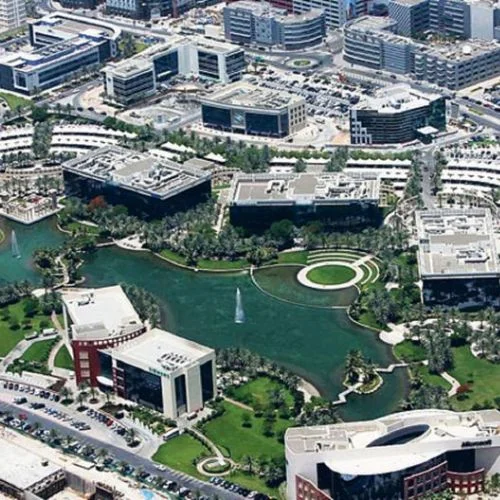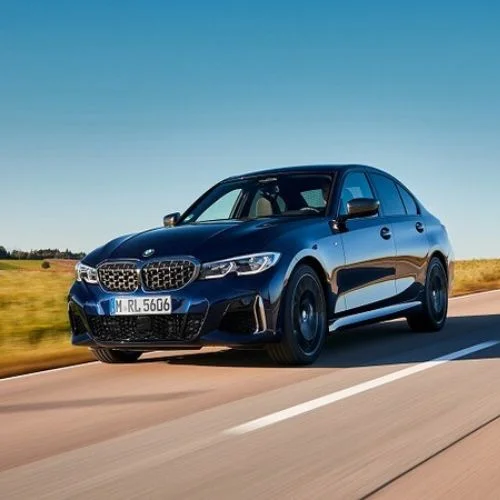The government is planning to create 6,000 kilometers of electric vehicle-ready roads along the Golden Quadrilateral to cut fuel consumption and vehicular emissions by electrifying intercity public transportation.
This is planned over the next seven years to increase e-mobility acceptance and e-bus deployment, according to ET.
The Golden Quadrilateral is India’s longest national highway network, connecting key industrial, agricultural, and cultural hubs. It forms a quadrilateral with the vertices at Delhi (north), Kolkata (east), Mumbai (west), and Chennai (south).
This idea is being considered as part of the planned Vision 2030: PM Public Transport Sewa. The construction of e-highways is projected to spur the expansion of charging infrastructure, encouraging the usage of electric vehicles for everyday transportation.
The government intends to replace 800,000 diesel buses with electric buses over the next seven years, including 2,00,000 for state transport undertakings (STUs), 5,50,000 for commercial operators, and 50,000 for schools and employee transportation by 2030. This is consistent with the overall Faster Adoption and Manufacturing of (Hybrid and) Electric Vehicles in India (FAME) incentive scheme.
The electrification of roads will help to expand charging facilities, encouraging more people to use electric vehicles for regular travel.
In September 2022, the National Highway for Electric Cars (NHEV) launched a technical trial run for electric cars on the Delhi-Jaipur Expressway as part of the ease of doing business initiative.
Ashwini Kumar Choubey, India’s Minister of Environment, Forests, and Climate Change, kicked off the one-month technical experiment at India Gate in the capital city. The major purpose of this test trip is to determine the economic feasibility of electric car infrastructure over the 270-kilometer length between Delhi and Jaipur.
A notice dated December 21, 2022, also noted the lack of a particular policy for EV switching stations along the Golden Quadrilateral Highway. Developers will supply electric charging stations as part of the wayside amenities (WSAs). The NHAI has already given 144 such facilities.
According to figures given by the Federation of Automobile Dealers’ Association (FADA), electric car sales in India increased 49.25% year on year to 15,29,947 units in 2023. Several Indian EV firms, such as Ather Energy, Altigreen, BluSmart, and Exponent Energy, currently provide sustainable transportation solutions. The Indian EV industry, which includes both small and major businesses, is expected to total $15.3 trillion by 2027.















